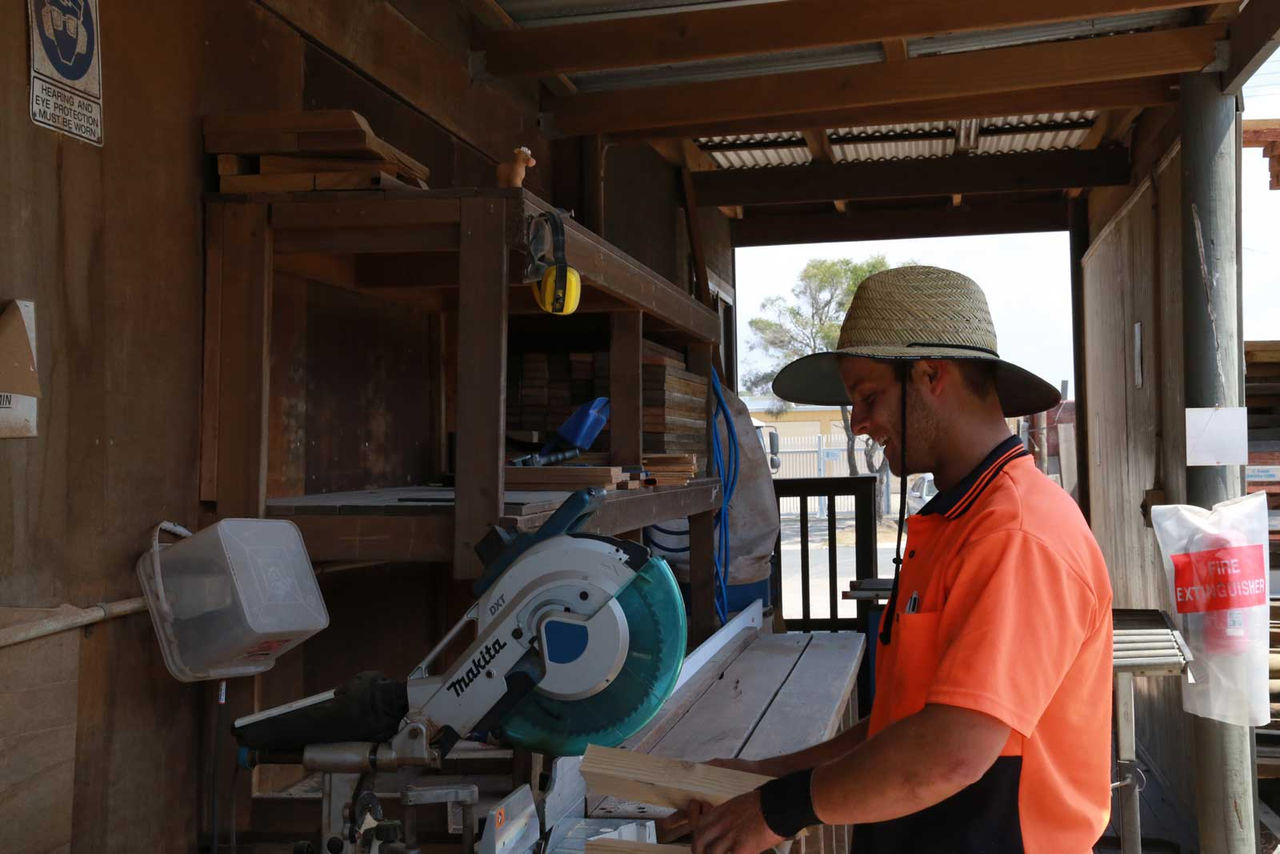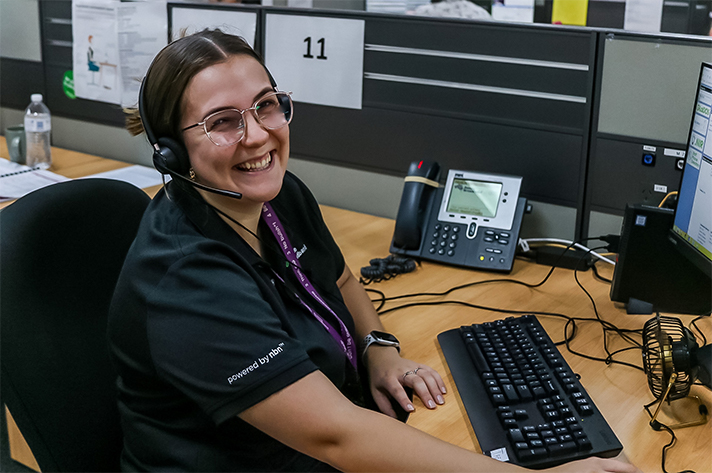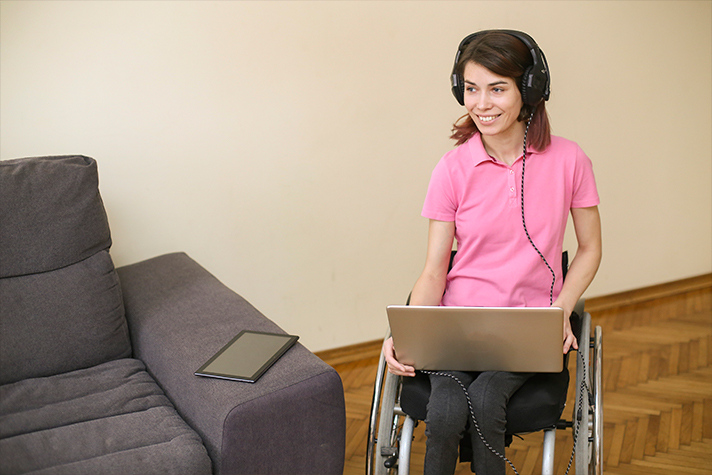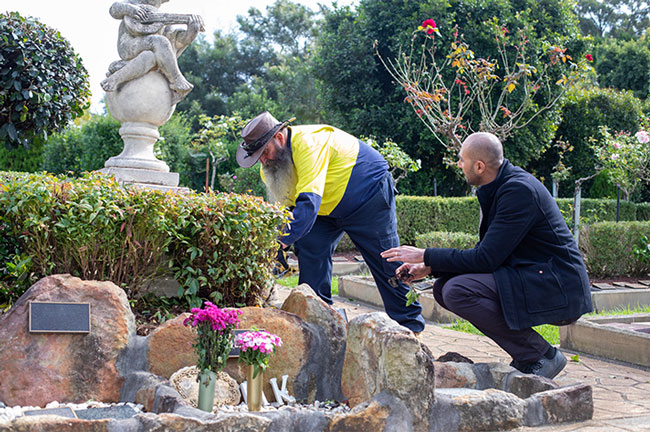Are you getting enough regular exercise?
Published by MAXSolutions on September 14, 2020
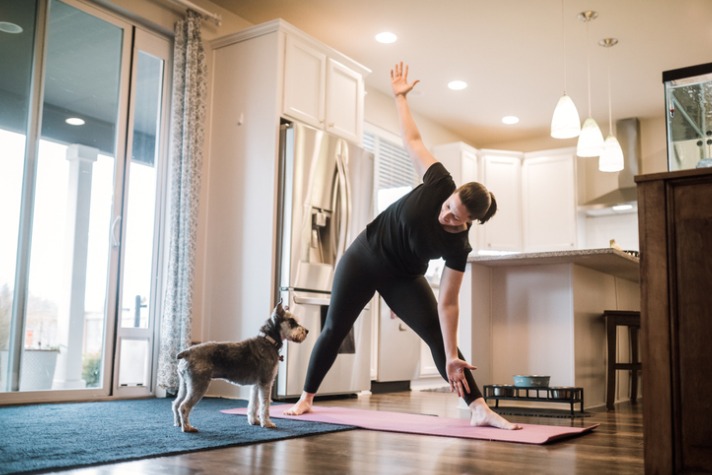
Regular physical activity is important for your optimal health. Regular exercise reduces your risk of chronic diseases such as heart disease, type 2 diabetes, stroke and some cancers[1]. While many people may be aware of the physical health benefits of regular exercise, the mental health benefits are less well known.
Studies show a clear benefit for people with depression who exercise regularly, particularly when combined with other treatments for depression; and those who exercise regularly are less likely to get depression[2]. There are also benefits for people with anxiety when they exercise. Generally, regular exercise can lift mood, improve sleep and increase energy levels[3]
How much regular exercise do you need?
Australia’s Physical Activity & Sedentary Behaviour Guidelines for Adults (18-64 years) recommend a total of 150 to 300 minutes (2 ½ to 5 hours) of moderate intensity physical activity or 75 to 150 minutes (1 ¼ to 2 ½ hours) of vigorous intensity physical activity, or an equivalent combination of both moderate and vigorous activities, each week[4]. They add, further, that at least twice per week we should engage in muscle strengthening activities.
These guidelines are based on much research and they are regularly updated. What exactly is moderate intensity physical activity? Moderate intensity physical activity raises your heart rate, makes you breathe faster and feel warmer. You will know you are working at a moderate intensity if you can still talk but you can't sing the words to a song. Vigorous activity will make it difficult for you to say more than a few words without pausing for a breath.
About 30 minutes most days is ideal. But you don’t have to do it all at once. New studies show that incidental exercise, that is, 30 minutes accumulated throughout the day can have the same benefits. They have the added advantage of being easier for most people to work into their lives. That means, spending 5 minutes climbing the stairs to work twice, another 10 minutes walking to the bus stop each way will meet your exercise requirements[5].
If you currently do little or no exercise, it is safest to start slowly and build up over weeks to reach these levels of activity. And consult your general practitioner first. If you are finding it difficult to include sufficient exercise into your life, your EAP can help. Contact 1800 629 277 in Australia or 0800 327 669 in New Zealand support@maxsolutions.com.au to make an appointment.
References and further reading:
[1] http://www.nhs.uk/Livewell/fitness/Pages/Whybeactive.aspx
[2]http://www.webmd.com/depression/guide/exercise-depression#1
[3]https://www.betterhealth.vic.gov.au/health/conditionsandtreatments/depression-and-exercise
[5]https://www.health.qld.gov.au/__data/assets/pdf_file/0029/367553/pa_incidental.pdf
Share
Tags
Found this useful?
Help and advice
Our blogs are about helping people seek the information that they need for their steps in the workforce.




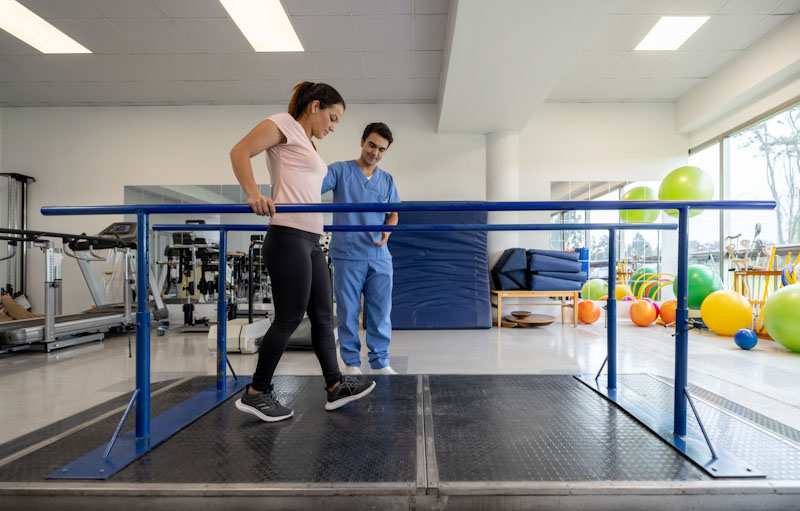

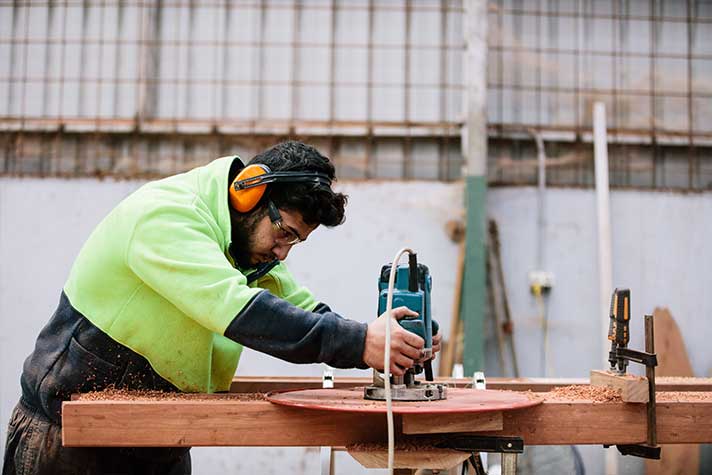







_1.jpg)




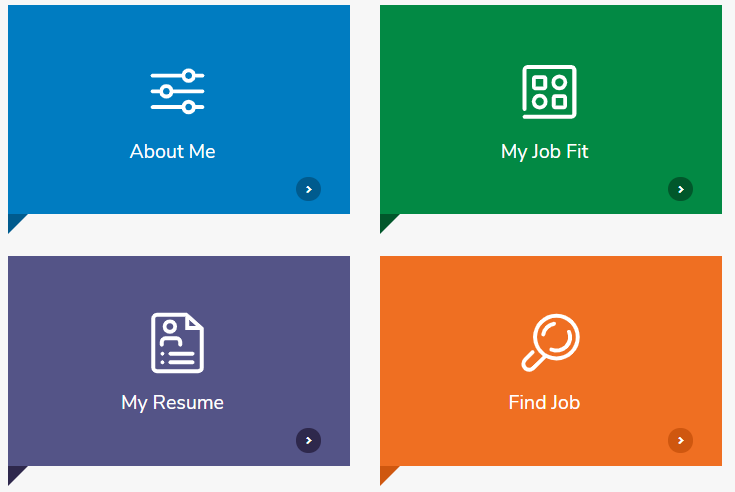




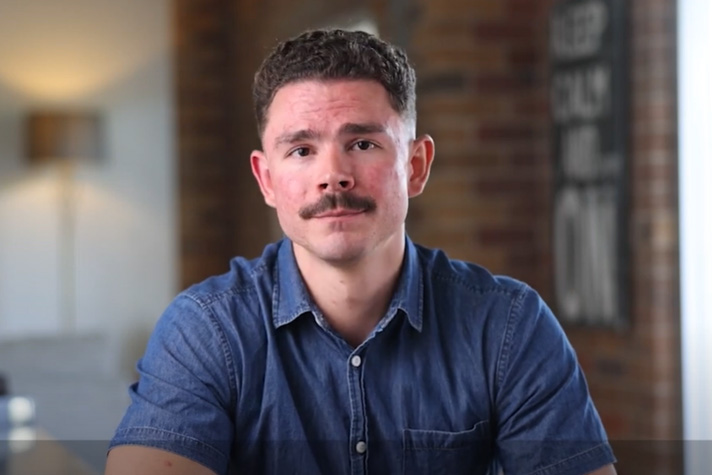


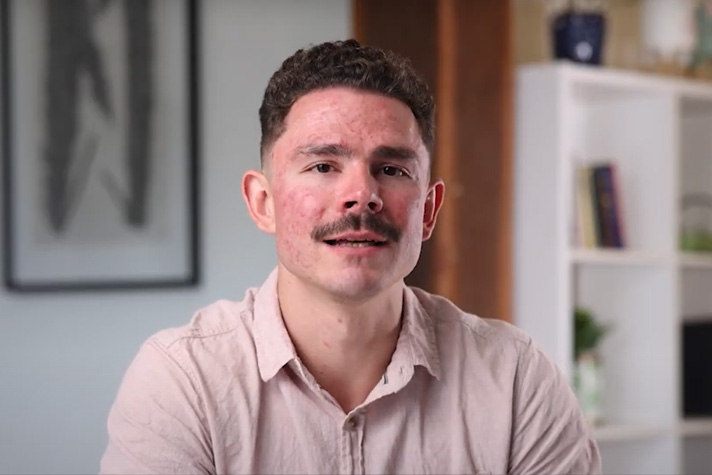







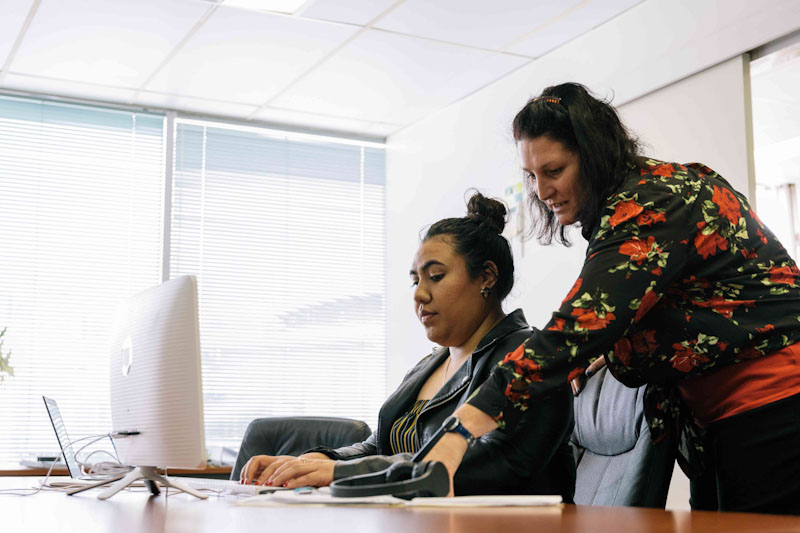








.jpeg)
